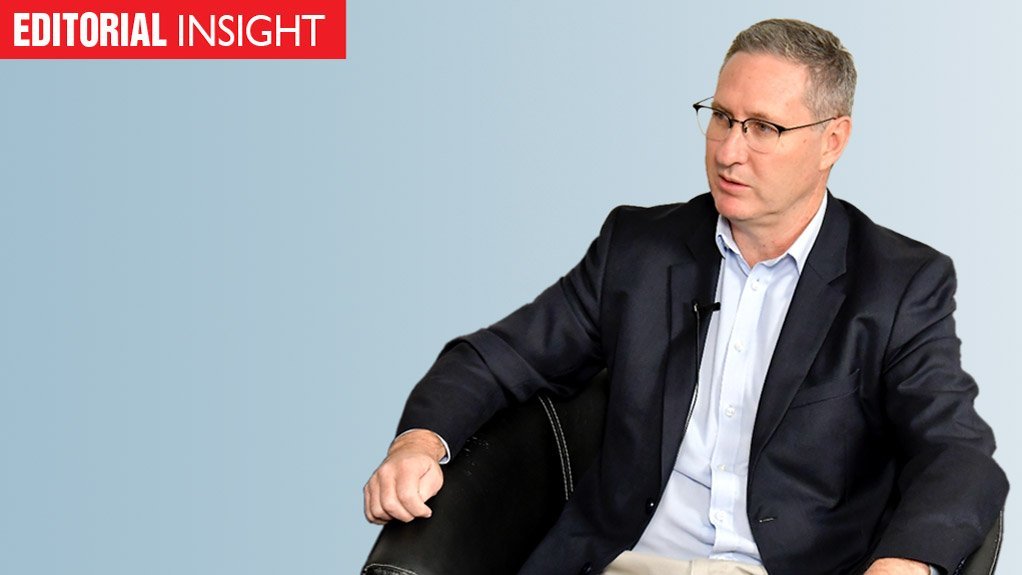Memories are short and it often feels like they are becoming shorter not only because of the flood of information associated with the 24-hour news cycle but also second-by-second social media commentary that often distorts not only the present but also the past.
As South Africa marks 30 years since its historic first democratic elections, it is important not only to celebrate but to remember.
Remember that millions of citizens defied decades of apartheid division, centuries of colonial injury and ongoing threats of violence to join the snaking queues and cast a vote that many had fought and died for, and which many believed might never actually materialise.
Remember that, amid the post-election tensions and uncertainty, there was enough leadership and support to ensure a sufficiently credible outcome.
Remember that, in doing so, this country emerged as a global beacon of hope that made it possible for others to genuinely consider whether their seemingly intractable conflicts and divisions could also be overcome.
Remember that it was no miracle, but rather the outcome of a hard-fought struggle and difficult compromises; ones that were neither made in a political vacuum, nor behind closed doors with foreign powers and influential businesspeople pulling the strings, as some ahistorical commentators would have us believe.
Remember the spirit of service and self-sacrifice that was displayed by not only high profile leaders such as Nelson Mandela, but the thousands of other South Africans who helped ensure that the poll actually took place, in some places very much against the odds.
It is also important to remember that, while the election was always but the end of the beginning in building a new nation, some saw it as an end in itself and sought to immediately move on without addressing the pain, division and deep injustices of South Africa’s past.
Even more painfully, we should remember how some individuals who played heroic roles in the struggle quickly turned their backs on that project and the historic opportunity to build a more just society, and began to loot State resources.
It is time to remember the depths to which this country descended as such looting became endemic across government and inside State-owned enterprises to the point where their capacity to support the nation-building project was undermined entirely, with devastating consequences for development and growth.
And it is also vital to remember that the majority of South Africans, supported by key individuals and institutions, demanded a return to the values and vision that had facilitated the transition to democracy in the first place.
Memories of 1994 have no doubt faded. But memories of what it means to deviate from the spirit of 1994 are surely fresh, amid the ongoing loadshedding, the loss of economic momentum associated with the collapse of rail and municipal services, crime, gender-based violence and a cost-of-living crisis.
Those fresh memories alone should serve as motivation enough for us to recommit to the nation-building project many dared to dream of 30 years ago.
EMAIL THIS ARTICLE SAVE THIS ARTICLE ARTICLE ENQUIRY
To subscribe email subscriptions@creamermedia.co.za or click here
To advertise email advertising@creamermedia.co.za or click here











